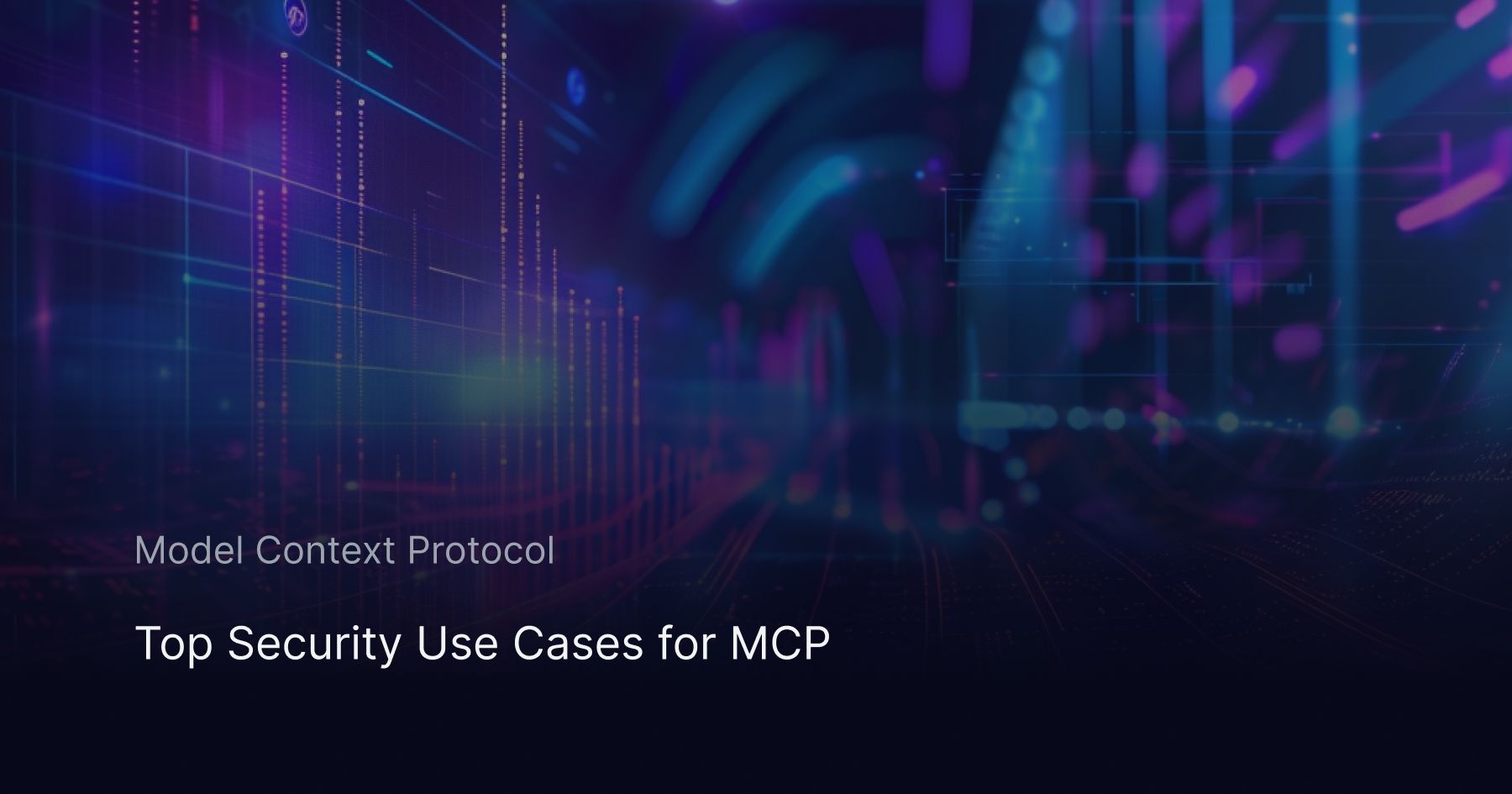Top Security Use Cases for MCP (Model Context Protocol)

Top Security Use Cases for MCP (Model Context Protocol)
Introduction
Model Context Protocol (MCP) is increasingly used in AI task automation, orchestration, and model serving environments. As organizations deploy MCP to manage and control AI models and workflows, understanding its security implications is crucial. In this article, we explore the most important security use cases for MCP, helping you secure your AI and automation infrastructure.
Curious about securing MCP? Contact us at - info@adaptive.live
1. Authentication and Authorization
Securing access to MCP endpoints is fundamental. By implementing robust authentication and authorization mechanisms—such as API keys, OAuth2, or JWT—you ensure that only trusted users, applications, or services can interact with your models and orchestrate tasks. This prevents unauthorized access and potential abuse of your AI capabilities.
2. Audit Logging and Activity Monitoring
Comprehensive logging of all interactions with MCP—model queries, configuration changes, and orchestration commands—enables effective monitoring and forensic analysis. Audit logs help organizations detect suspicious behavior, investigate incidents, and maintain compliance with industry regulations.
3. Input Validation and Data Sanitization
Protect your models and orchestration workflows from malicious inputs by validating and sanitizing all data received via MCP. This helps mitigate injection attacks, denial-of-service attempts, and ensures the integrity of the data processed by your AI models.
4. Secure Model Deployment and Updates
To prevent the deployment of malicious or tampered models, enforce secure model deployment practices. Use signed model artifacts, integrity checks, and role-based controls to ensure only authorized users can update or deploy models through MCP.
5. Encryption In-Transit and At-Rest
Encrypting all communications between MCP clients, agents, and orchestrators with protocols like TLS prevents eavesdropping and man-in-the-middle attacks. Additionally, sensitive model data and context should be encrypted at rest for maximum protection.
6. Secrets Management
Proper secrets management is essential when MCP workflows require credentials or API keys. Integrate with solutions like HashiCorp Vault or AWS Secrets Manager to handle sensitive information securely and reduce the risk of credential exposure.
7. Role-Based Access Control (RBAC) for Model Execution
Implement role-based access control (RBAC) to restrict sensitive tasks or models to only authorized users or systems. This prevents unauthorized execution of models, especially those handling sensitive or regulated data.
8. Threat Detection and Anomaly Monitoring
Use advanced threat detection tools and anomaly monitoring to identify unusual activity within your MCP environment. Integrate with SIEM platforms to receive real-time alerts on suspicious behavior or policy violations.
9. Data Privacy and Compliance
Ensure all data processed and transmitted through MCP complies with privacy regulations such as GDPR or HIPAA. Use data masking, redaction, and enforce residency requirements as needed to protect sensitive information.
10. Model Integrity and Version Control
Maintain version control and model integrity by tracking all model changes, context updates, and deployments through MCP. This supports rollback capabilities and enables forensic analysis in case of a security incident.
Conclusion
Securing your Model Context Protocol (MCP) environment is essential for protecting AI-driven workflows, sensitive data, and organizational reputation. By implementing these key MCP security use cases—from authentication to model integrity—you can build a resilient, secure foundation for your AI and automation infrastructure.
Need tailored security strategies for your specific MCP deployment or vendor product? Contact us at info@adaptive.live


 SOC2 Type II
SOC2 Type II